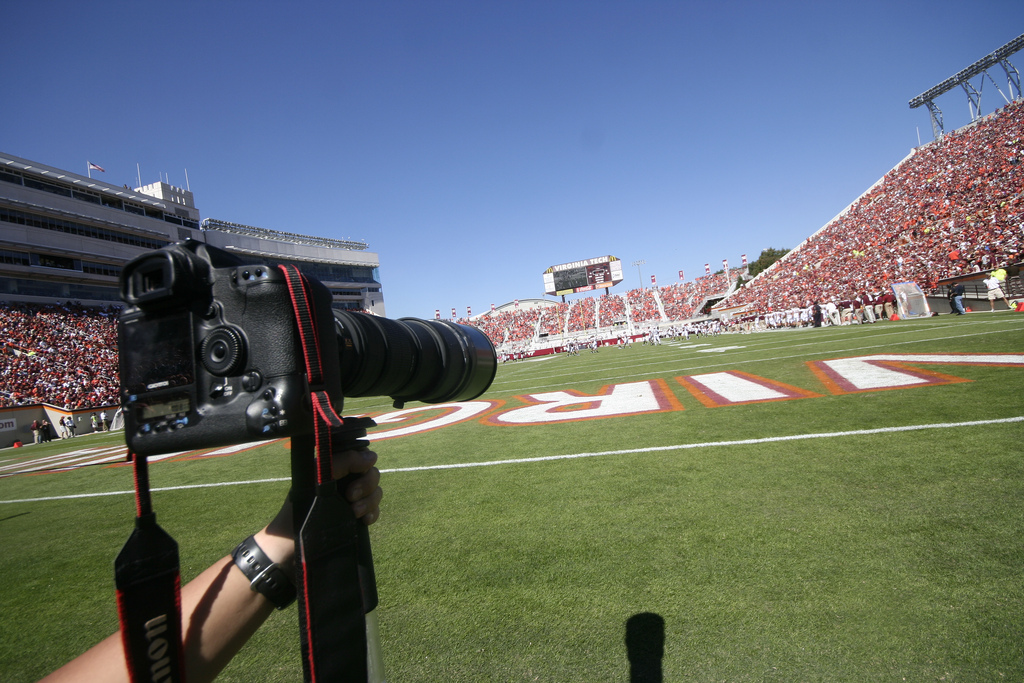 At the end of October, three Louisiana State University football players were suspended for one game after testing positive for synthetic marijuana. This week, three University of Georgia running backs were suspended for one game when they tested positive for marijuana use. While the NCAA publishes an annual list of banned substances, each school may enforce that ban differently. In the wake of the LSU and UGA suspensions, CBS Sports surveyed nearly 70 public NCAA Division I schools about what their specific policies are.
At the end of October, three Louisiana State University football players were suspended for one game after testing positive for synthetic marijuana. This week, three University of Georgia running backs were suspended for one game when they tested positive for marijuana use. While the NCAA publishes an annual list of banned substances, each school may enforce that ban differently. In the wake of the LSU and UGA suspensions, CBS Sports surveyed nearly 70 public NCAA Division I schools about what their specific policies are.
According to the CBS story, Georgia suspends players for 10 percent of games on the first positive test and 50 percent on the second positive. Players face dismissal from the program if they test positive a third time.
LSU takes a different approach. A first positive in Louisiana doesn’t result in a suspension at all and the second positive means a suspension of “up to 15 percent of games,” according to the CBS survey, meaning a player could test positive for illegal substances twice without losing any playing time. A third positive results in a one-year suspension.
This Saturday, LSU, ranked no. 1 in the nation, will face no. 2-ranked Alabama in what many are calling the Game of the Year. It's been five seasons since schools ranked nos. 1 and 2 faced off in a regular season game.
Some schools feature more nuanced drug testing policies. Virginia Tech’s, for example, includes one policy for marijuana and another for all other drugs.
A player who tests positive for marijuana will miss 10 percent of games for their sport, a number Virginia Tech’s Associate Director of Athletics for Sports Medicine Mike Goforth says is equitable across all sports.
A second positive for marijuana results in a suspension of 33 percent of the season. All other drugs, including performance-enhancing drugs, immediately jump to a 33 percent suspension on the first positive. After that, players face a one-year suspension and eventual dismissal for further failed tests.
Goforth says Virginia Tech revamped their drug policy in 2000 to “give it some teeth,” and the current rules are the result.
“We looked at 20 other programs before settling on this policy,” Goforth said. “It’s heavy on the education side and the rehabilitation side.”
In fact, suspensions listed in Virginia Tech’s policy are minimums and coaches have the discretion to assign greater suspensions.
“We want to do what’s right for the kid,” Goforth said. “We get them the help they need.”
Virginia Tech’s marijuana policy goes beyond even the NCAA’s, which does not mandate testing for pot.
Goforth is concerned with the cost and manpower associated with the drug testing.
“We spend all this money to catch maybe five kids,” he said. “Maybe the money would be better spent on education and prevention when the kids are in high school.”
Photo: Flickr / daniellinphoto
